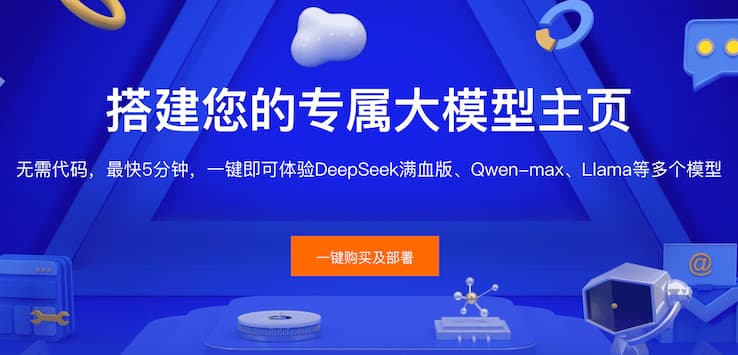Cloudflare R2
Cloudflare R2 offers cost-effective cloud storage services with zero traffic fees, global acceleration, ideal for developers and small to medium-sized businesses. Experience low-cost data storage and distribution now.
Detailed Introduction
Cloudflare R2 Object Storage: Zero Egress Fee Cloud Storage Solution
What is Cloudflare R2?
Cloudflare R2 is a distributed object storage service designed for storing unstructured data (such as images, videos, website content, etc.). It enables developers and individual users to store and distribute data at low costs, especially suitable for setting up image hosting, hosting static resources, or building cloud-native applications. Target users include developers, individual website owners, content creators, and small to medium-sized businesses requiring global data access.
Why Choose Cloudflare R2?
- Zero Traffic Fees: No egress traffic fees when accessing or downloading stored data, significantly reducing cloud costs.
- Cost-Effective Free Tier: Offers 10GB of free storage, 1 million write operations, and 10 million read operations per month, covering the basic needs of individual users.
- Global Acceleration and Security Protection: Leverages Cloudflare's global CDN network (covering 275 cities) for high-speed data distribution, with default DDoS protection integrated.
- No Vendor Lock-in: Compatible with S3 API, supporting seamless migration of data from other cloud storage services (such as Amazon S3, Google Cloud Storage).
Core Features
- Super Eater Migration Tool: One-click migration of data from Amazon S3 or Google Cloud Storage to R2, preserving original metadata, supporting full or incremental migration.
- S3 API Compatibility: Compatible with mainstream S3 tools, libraries, and plugins (such as PicGo), allowing integration into existing workflows without code modification.
- Serverless Integration: Natively supports Cloudflare Workers, enabling function deployment at the edge network for real-time data processing or permission control.
How to Get Started with Cloudflare R2?
- Registration and Activation: Visit the Cloudflare official website to register an account, select the "R2" service in the console. First-time activation requires credit card or PayPal verification (no charges within the free tier).
- Create a Storage Bucket: Click "Create Storage Bucket", recommended to choose the Asia-Pacific region to reduce access latency for domestic users.
- Upload and Access Data: Upload files via drag and drop, or configure API keys using S3-compatible tools (such as PicGo). Enable the "r2.dev subdomain" to obtain public access links.
Usage Tips
- Prefer Asia-Pacific Nodes: Choose the Asia-Pacific region (e.g., Singapore) when creating a storage bucket to reduce access latency for domestic users.
- Enable Public Access: If public data access is needed (e.g., image hosting), enable the "r2.dev subdomain" in the bucket settings, and configure CORS policies to avoid cross-domain issues.
Frequently Asked Questions
Q: Is Cloudflare R2 available now?
A: You can activate the service anytime on the Cloudflare official website, available to users worldwide.Q: What can R2 specifically help me with?
A: Supports setting up free image hosting (with PicGo), hosting website static resources, storing application logs or user-uploaded files, especially suitable for high-frequency access content distribution.Q: Do I need to pay to use R2?
A: Offers 10GB of free storage and millions of operations; beyond that, charges are based on actual storage usage and operation counts, with no mandatory subscription packages.Q: When was R2 launched?
A: Officially launched in 2024, with continuous feature updates (e.g., added Google Cloud Storage migration support in 2025).Q: Compared to Amazon S3, which is more suitable for me?
A: If you're concerned about traffic costs or need global acceleration, R2's zero egress fees and built-in CDN offer more advantages; if you rely on AWS ecosystem's advanced features (such as data analysis), S3 is more suitable. For individual users or small to medium projects, R2's free tier offers better cost-effectiveness.Q: How stable is the access within China?
A: Leveraging Cloudflare's global nodes, access quality within China is significantly better than most overseas cloud services, but it's still recommended to optimize the experience through Asia-Pacific nodes.
Related Sites
Comments
Leave a Comment
Share your thoughts about this page. All fields marked with * are required.

